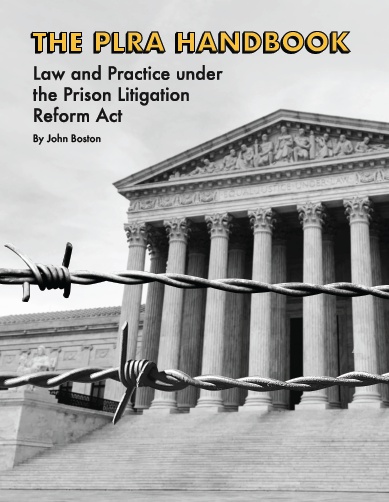Federal judge rules reports on conditions in San Diego jails should be made public
U.S. District Judge Jinsook Ohta said the reports were of concern to the public and should be released after some redactions to protect third-party privacy are made.
SAN DIEGO (CN) — A federal judge in San Diego ruled that reports about the conditions of jails and prisoners in San Diego County that the county government wanted to keep confidential are valuable pieces of information that the public is entitled to see after some redactions are made to the reports.
The ruling came after a settlement in March in a lawsuit filed by Frankie Greer, an Army veteran who had chronic seizures who, after being arrested by San Diego Sheriff’s deputies and booked into San Diego Central Jail in 2018, had a seizure after being refused his medication, fell off a top bunk bed in his cell and suffered a serious brain injury.
Greer won a $7.75 million settlement with the county in the U.S. District Court for the Southern District of California, but the settlement left open disputes about publicly releasing reports from the Sheriff’s Departments Critical Incident Review Board, an internal panel in the department that meets to talk about major incidents, like in-custody deaths and other problems, whose reports were filed under seal. Greer’s attorneys requested to unseal the documents in the case, but that request was vacated as moot when the settlement was reached. Greer’s lawyers said the reports would establish a pattern of neglect in the county’s jails.
Three media organizations, the San Diego Union-Tribune, Voice of San Diego and Prison Legal News made a motion to intervene in the case to get the county to release the records.
“The public has a strong First Amendment interest in these documents,” said James Davis, one of the attorneys for the media interveners.
Davis added that the documents would allow the news organizations to inform their readers about how taxpayer money is spent and keep their local government accountable.
The county’s attorneys argued that the records in question shouldn’t be released to the public because the meetings were confidential, not open to the public and statements made in them could be taken out of context. At one point attorney Carrie Mitchell compared releasing the reports to releasing a recording of a private conversation.
Mitchell added that some information in the reports should be protected by the Health Insurance Portability and Accountability Act, or HIPAA, the federal law that protects sensitive patient medical information from being shared or disclosed without the patient's consent.
Mitchell also argued that the reviews the records describe are protected by attorney-client privilege, an argument that U.S. District Judge Jinsook Ohta, a Biden appointee, shot down as an argument the court had repeatedly denied.
Judge Ohta agreed with the media organizations that the reports are of public concern, but the county could redact some information from the documents as it relates to protecting third-party privacy.
Both parties will be given copies of the reports, make their own redactions to it as they deem necessary, and then come together to work on the redactions together. If they can’t agree on the appropriate redactions, they’ll file their own copies with the court, and Judge Ohta will decide which one is appropriate.
Davis said if the county insists on redacting everything of importance in the documents, he’ll disagree with that.
Davis said that while Greer isn’t involved in the media intervenors’ motion, “His attorney fought very hard throughout the case to get these documents unsealed,” and if it wasn’t for the settlement, “I would assume he would have continued his case to make these documents open to the public.”
Last year, the California State Auditor released a report that found 185 people died in San Diego County jails from 2006 to 2020, one of the highest rates of inmate deaths in county jails in the state.
The report found that the county jail failed to prevent and respond to the deaths of prisoners, and that the sheriff’s department did not follow up with prisoners who needed medical and mental health services.
The report suggested the sheriff’s department should have stronger oversight and better standards for correctional care.







